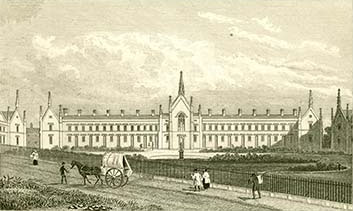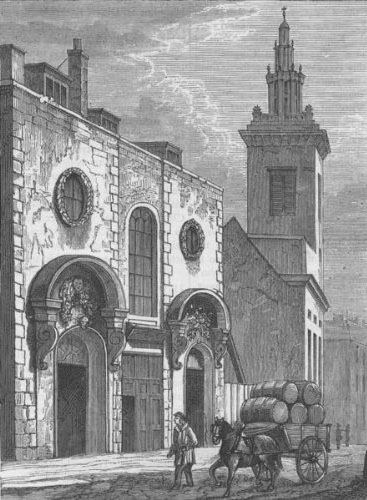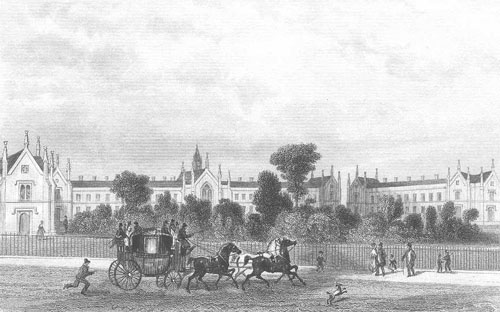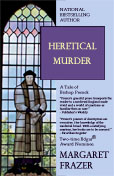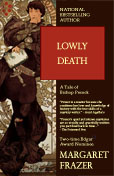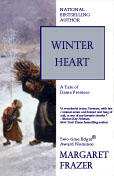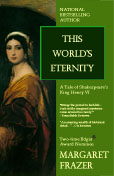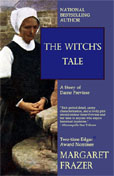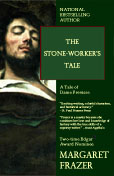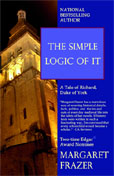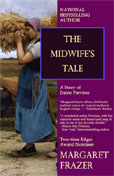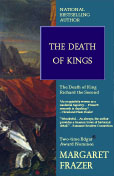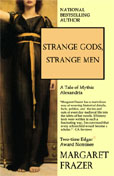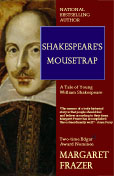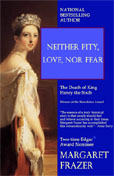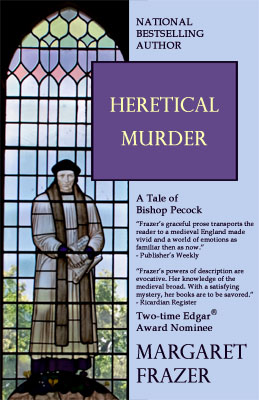
“Heretical Murder” has been released for the Kindle and Nook. It can also be read on any iPad, Android, Windows PC, Mac, or Blackberry device using the free Kindle Reading Apps for those platforms.
BETWEEN DUTY AND BLOOD…
Questionable matters? Strange deaths? Mysteries most foul? The cleverest man in 15th century England lives at Master Whittington’s Almshouse! Turn right off College Hill Street, go through the narrow Paternoster Passage, and knock on the third door on the left.
Dick Colop, student and scrivener, knows those directions well. They take him to the quiet study of Sire Pecock, priest of the Church and scholar of both man and book. A man has been cut down in the busy streets of London. The sheriff thinks it nothing more than a tavern brawl, but Colop knows that he never made it through the door.
A terrible accident or something worse? Sire Pecock will follow the dark and murderous ways of heresy to find the truth of sin.
Kindle Edition – Nook Edition
“Heretical Murder” was originally written for the Mammoth Book of More Historical Whodunits. (Which was published as the Mammoth Book of Historical Whodunnits in England; which is not to be confused with the previous volume of the exact same name which contained a completely different set of stories including “The Witch’s Tale”. I take no responsibility for the vague ways of publishers.)
I don’t remember why the allowed word-count for this story was so high, but I took full advantage of it to write a story that roamed through the streets of London, keeping company with one of my favorite people from the 1400s – the scholar and churchman Reynold Pecock (otherwise called “Reginald” by modern scholars).
He had crossed my path more than once in my years of research and reading but never caught my interest until I attended a session at the International Congress of Medieval Studies in Kalamazoo, Michigan, and heard two scholars – Stephen E. Lahey and Brent Moberley — discussing Bishop (as he became) Pecock. Talking with them afterwards, I confessed that, rather than a legitimate scholar, I wrote medieval murder mysteries. After what I read as a startled pause, they both declared with delight that Bishop Pecock would make a great detective.
Somewhat taken aback by the idea but intrigued by what they had been saying about him, I set to taking a longer, deeper look at Reynold Pecock, even going so far as to read some of his religious treatises in Middle English. I found him a delightful, interesting, complex man and knew I had to use him in a story or – better yet — stories.
This particular one is chronologically the first of the three short stories in which he figures and finds him early in his career in London after a long while as a scholar and teacher at the University of Oxford.
The uprising that is a background to this story is historical, and it may be worthwhile to note that although the use of the word “pamphlet” forty years before the introduction of printing to England may jar with some readers, it is not an anachronism. It is the actual word used in a contemporary chronicle regarding Lollard activities in London at this time. More than that, the copying of books was indeed a commercial enterprise in London at the time, and a family named Colop was prominent in it.
– Margaret
